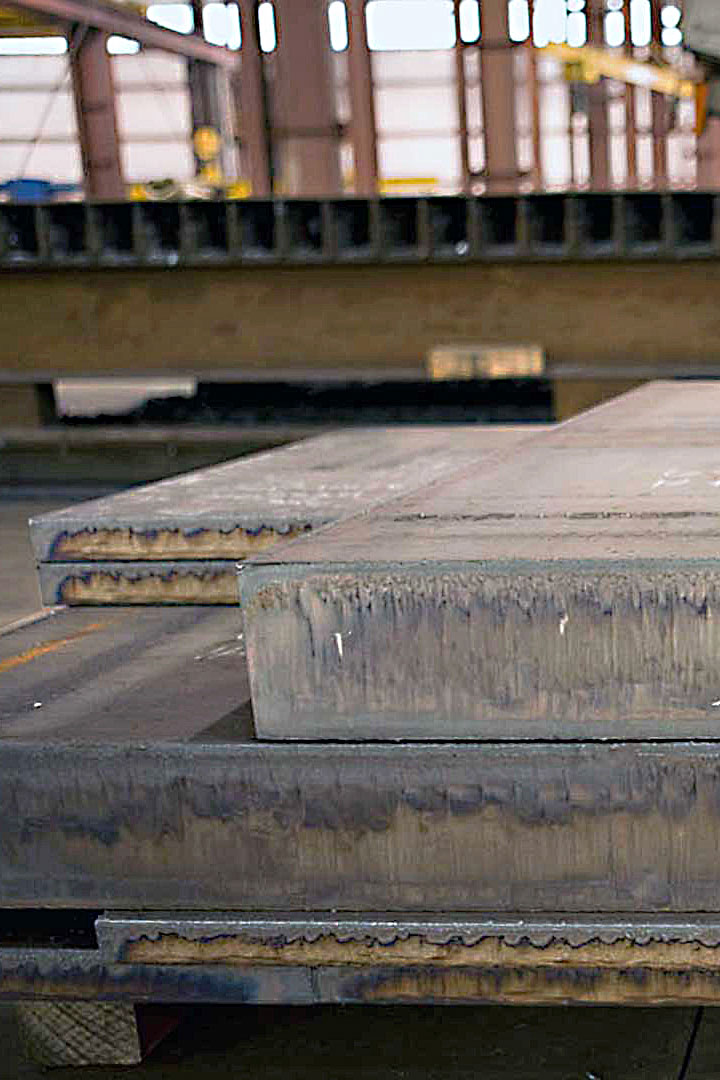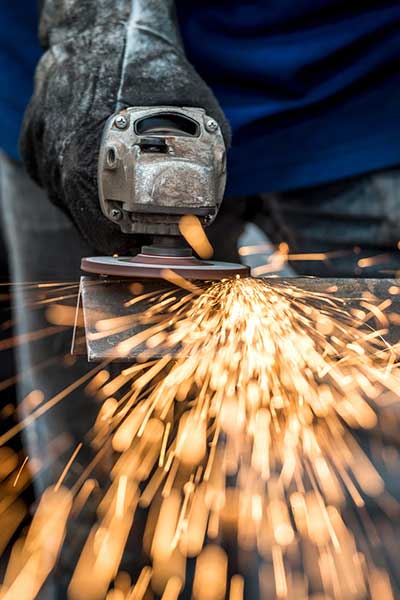Research on the effect of titanium content on the phase transformation behavior and strength and toughness of wear-resis
Effect on Phase Transformations
Titanium is a very important addition to steel for wear resistance. This is because of its ability to promote the formation of carbides during heat treatment, as this aids in increasing the wear resistance of steel. The addition of titanium affects the phase transformation behavior through a variety of ways. First of all, titanium's ability to form carbides serves to reduce the solubility of carbon in austenite, making it more difficult for martensitic transformation to occur. Additionally, titanium addition can reduce the transformation temperature of austenite to ferrite and bainite, thus increasing the rate at which the steel undergoes the phase transformation and thereby increasing its wear resistance.
Effect on Strength and Toughness
The addition of titanium to steel can also have a beneficial effect on its strength and toughness. This is due to the fact that titanium forms complex carbides with other elements in the steel, such as chromium and molybdenum, which can increase the strength and toughness of the steel. Titanium also has a significant effect on the grain size of the steel, with a finer grain structure increasing the strength of the steel and improving its toughness.
Conclusion
In conclusion, titanium has a significant effect on the phase transformation behavior, strength, and toughness of wear-resistant steel. The addition of titanium promotes the formation of carbides, reducing the solubility of carbon in austenite and thus making it more difficult for martensitic transformation to occur. Additionally, titanium addition reduces the transformation temperature of austenite to ferrite and bainite and can also increase the strength and toughness of the steel.
Conatct us




